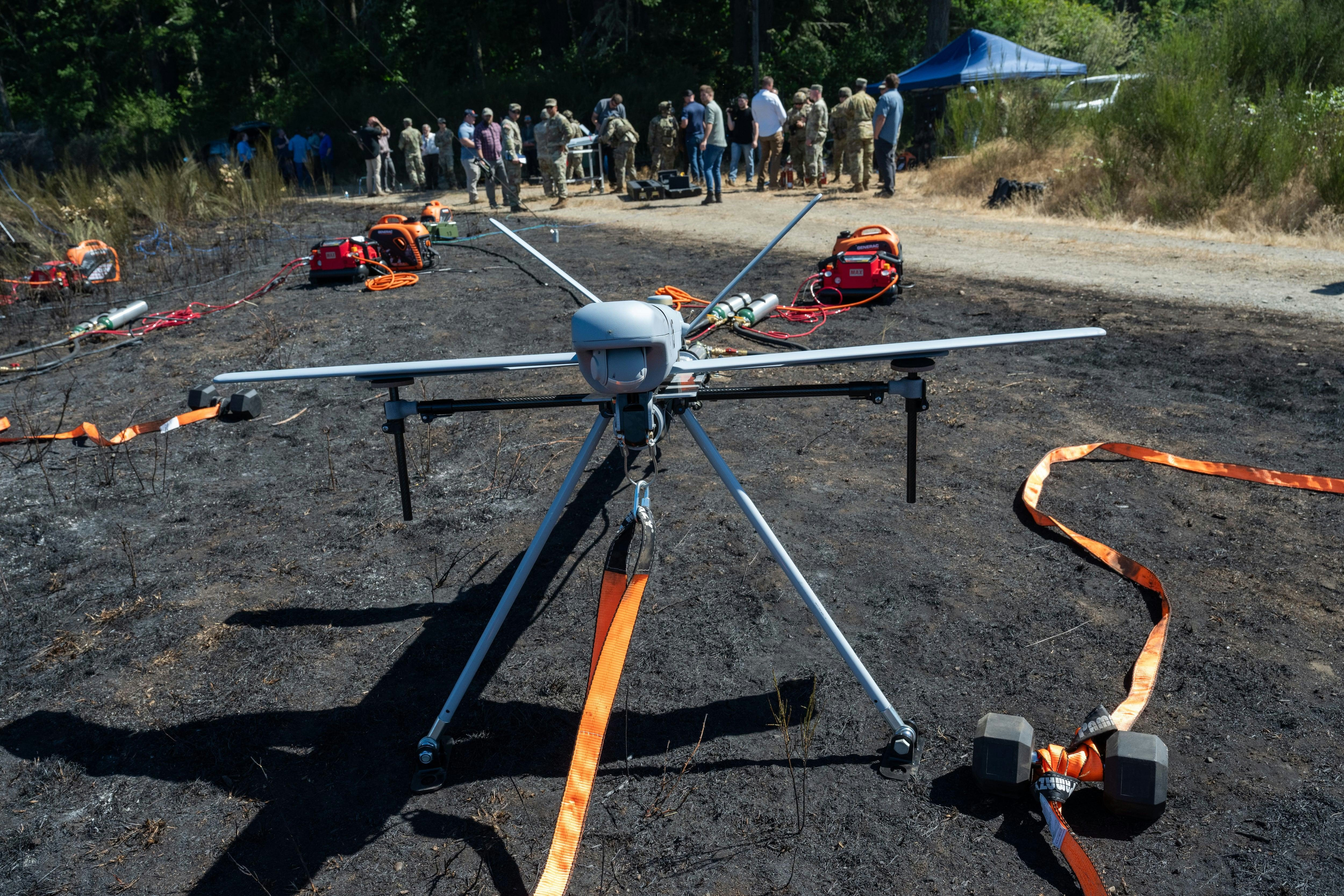
AeroGenie — ваш интеллектуальный второй пилот.
В тренде
Categories
IndiGo's Global Expansion and MRO Strategy: A Catalyst for Long-Term Airline Sector Growth
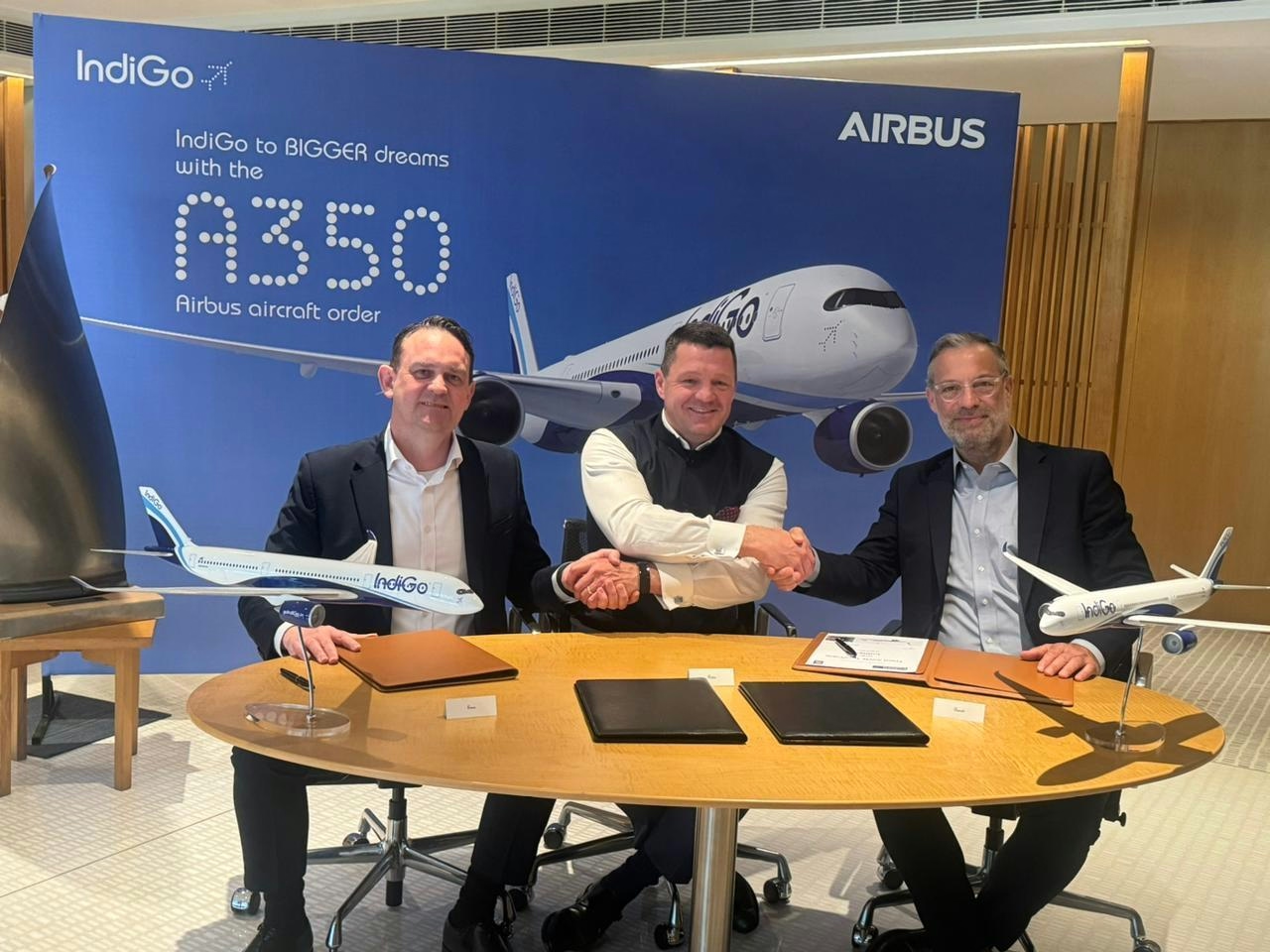
IndiGo's Global Expansion and MRO Strategy: A Catalyst for Long-Term Airline Sector Growth
IndiGo, India’s largest low-cost carrier, is charting a transformative course in global aviation through a strategic focus on fleet modernization and the development of in-house Maintenance, Repair, and Overhaul (MRO) capabilities. Transitioning from a traditional low-cost carrier to a hybrid operator with ambitions for long-haul services, the airline’s disciplined operational and financial management is emerging as a potential model for sustainable growth in an industry still grappling with the aftermath of the pandemic and inflationary pressures.
Expanding International Reach with the A321XLR
At the heart of IndiGo’s international growth strategy is its order for 69 Airbus A321XLR aircraft, with deliveries scheduled to commence in late 2025. The A321XLR’s extended range of 8,700 kilometers will enable the airline to operate nonstop flights to destinations such as Seoul, Athens, and Nairobi—routes that were previously inaccessible without stopovers. This expansion not only enhances passenger convenience but also capitalizes on India’s strategic geographic position, with approximately 65% of the world’s population located within a five to six-hour flight radius.
The financial commitment to this fleet upgrade is significant, amounting to roughly $9.7 billion at current list prices. IndiGo’s prudent approach to route selection, carefully balancing aircraft range with passenger demand, helps mitigate the risks associated with overcapacity. Moreover, the A321XLR serves as a strategic stepping stone toward the airline’s planned introduction of wide-body Airbus A350 aircraft in 2027, facilitating a seamless transition into long-haul operations.
Fuel efficiency is a critical component of this strategy. The A321XLR offers a 30% reduction in fuel burn per seat compared to older models, aligning with IndiGo’s focus on maintaining a low cost per available seat kilometer (CASK). This efficiency is vital for sustaining profitability amid fluctuating fuel prices. IndiGo’s financial discipline is evident in its recent performance, reporting a net profit of INR 27,288 million ($333 million) in the first quarter of fiscal year 2025 despite rising operational costs.
Strengthening Operations through In-House MRO Capabilities
Complementing its fleet expansion, IndiGo is investing in a 31-acre in-house MRO facility located in Bengaluru, a move that promises to significantly enhance cost control and operational reliability. This facility is expected to reduce maintenance expenses by 8 to 10 percent and decrease aircraft turnaround times by up to 30 percent. By centralizing maintenance operations, IndiGo aims to reduce dependence on third-party providers and minimize the risks associated with external delays—an important advantage in an industry where unplanned downtime can severely impact profitability.
The new MRO facility will incorporate advanced diagnostic and predictive maintenance technologies, further improving aircraft availability and operational dependability. Such vertical integration is uncommon among low-cost carriers, which often prioritize short-term cost savings over infrastructure investments. IndiGo’s commitment to developing robust in-house maintenance capabilities signals a long-term strategy to balance cost efficiency with service reliability.
Navigating Competitive and Regulatory Challenges
IndiGo’s ambitious expansion is accompanied by a range of challenges. The airline faces intensified competition from established long-haul carriers, which may respond with aggressive pricing strategies and enhanced service offerings. Additionally, increased regulatory scrutiny is a potential risk as market dynamics evolve. Competitors may also pursue strategic alliances or partnerships to protect their market positions.
Supply chain disruptions and production delays at Airbus could affect the timely delivery of the A321XLR fleet, potentially impacting IndiGo’s growth trajectory. Furthermore, the ongoing digital transformation of airport and maintenance operations, exemplified by industry innovators such as ePlaneAI, underscores the necessity for IndiGo to invest in modernizing its MRO processes. Embracing digital solutions will be critical to streamlining maintenance workflows and maintaining competitive advantage.
Outlook
IndiGo’s integrated strategy, combining fleet modernization, in-house MRO development, and digital transformation, positions the airline as a catalyst for sustainable long-term growth within the global aviation sector. While the path forward includes significant challenges, the airline’s disciplined and forward-looking approach offers a compelling framework for expansion in a rapidly evolving industry landscape.

Lufthansa's Fleet Plans for 2025

Fifteenth National Games Model Aviation Finals in Longhua Showcase Drone Sports and Innovation
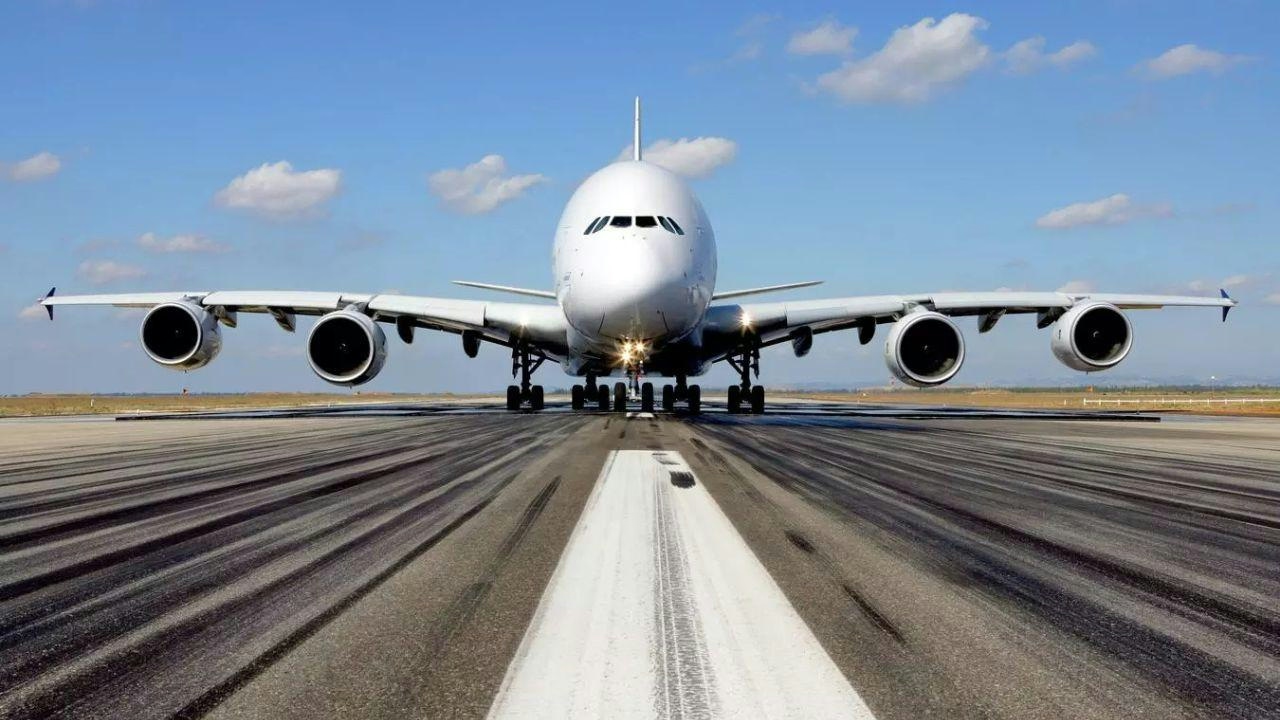
Brazilian Woman Becomes First Female Captain of Airbus A380

Airbus and Boeing: Comparing Their Global Reach
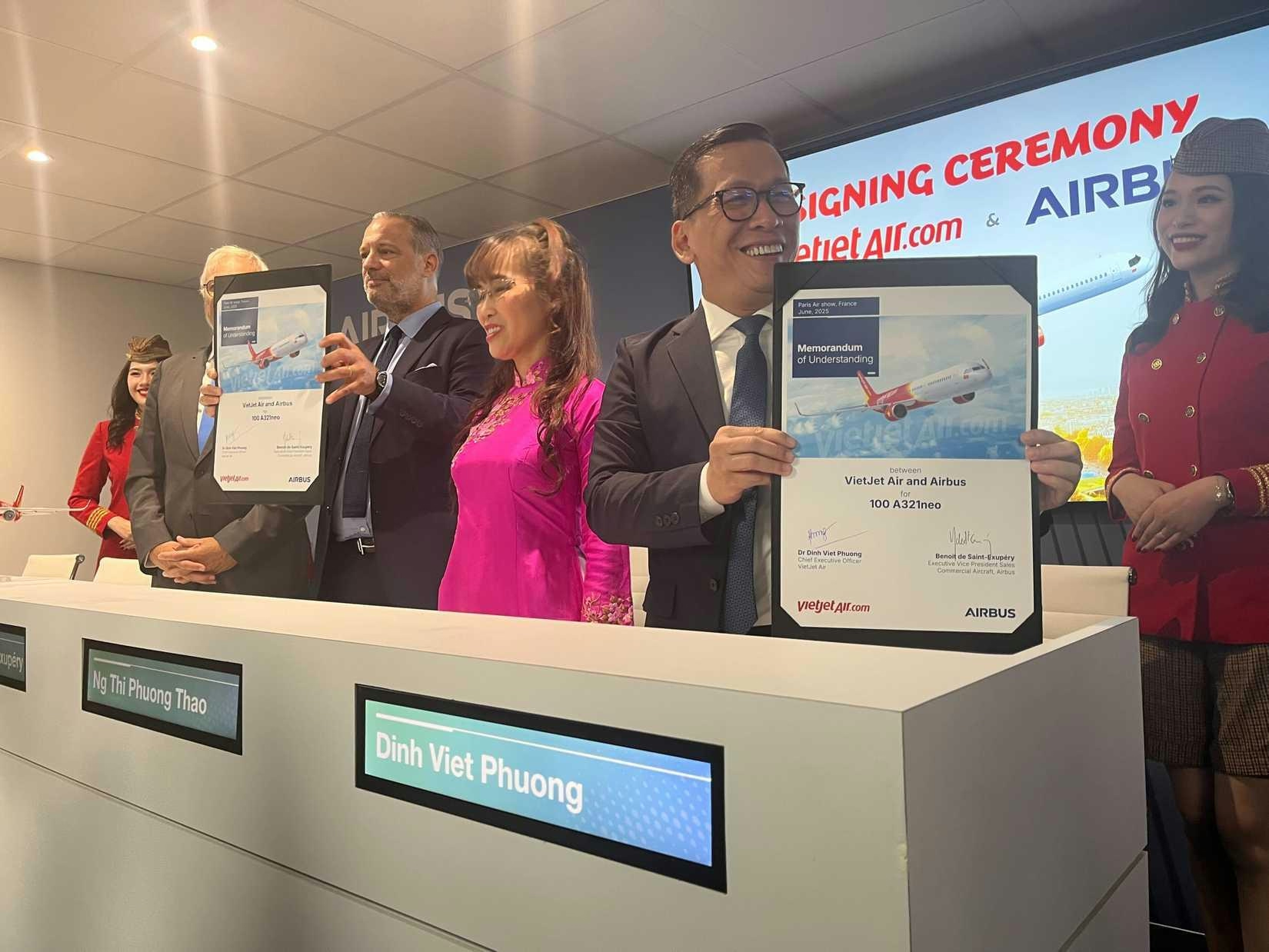
Vietjet Orders 100 Airbus A321neo Jets, Strengthening UK-Vietnam Strategic Partnership
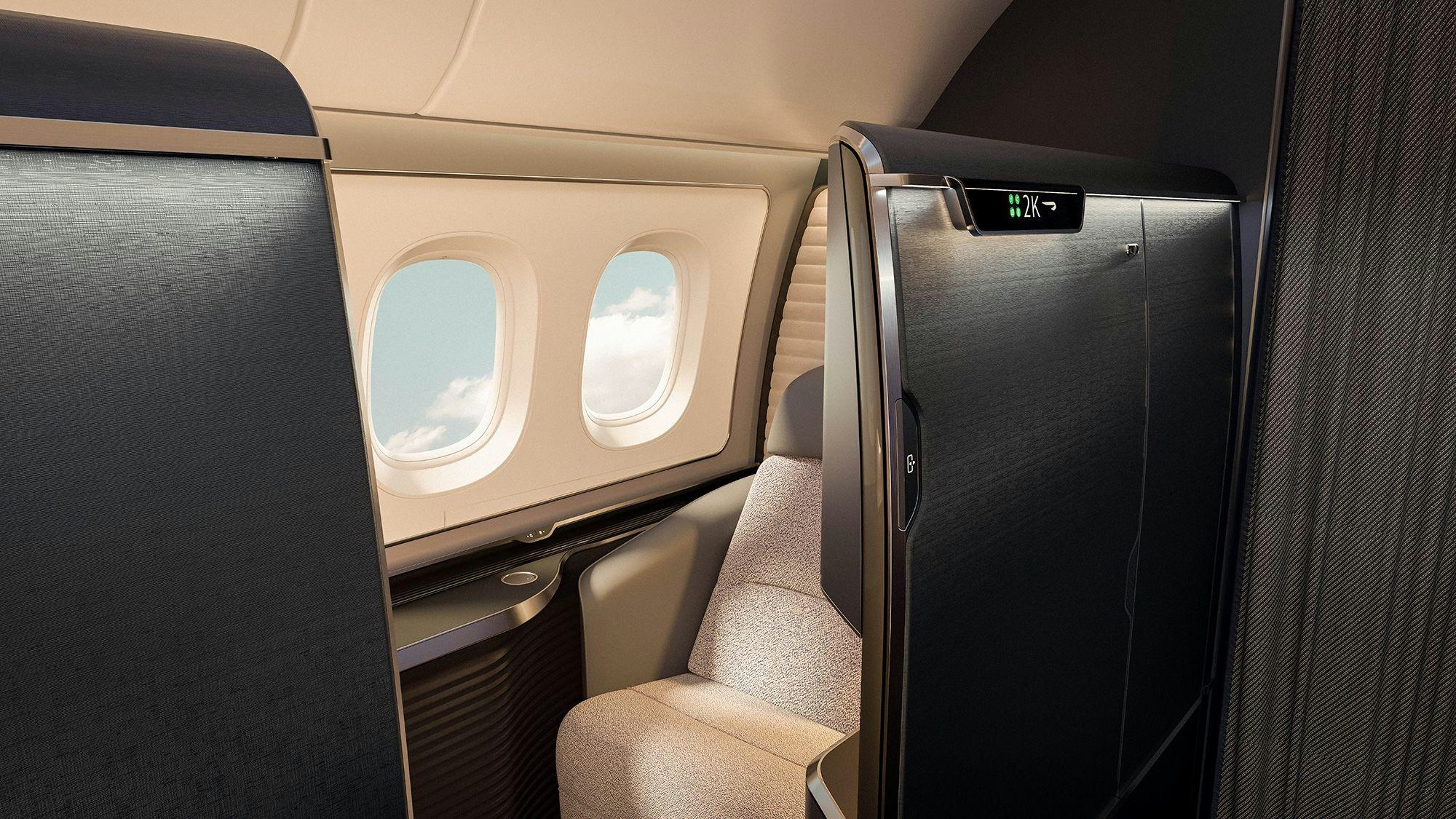
The Aircraft Set to Replace the Iconic Superjumbo

Delta Air Lines Introduces AI-Powered Concierge Service
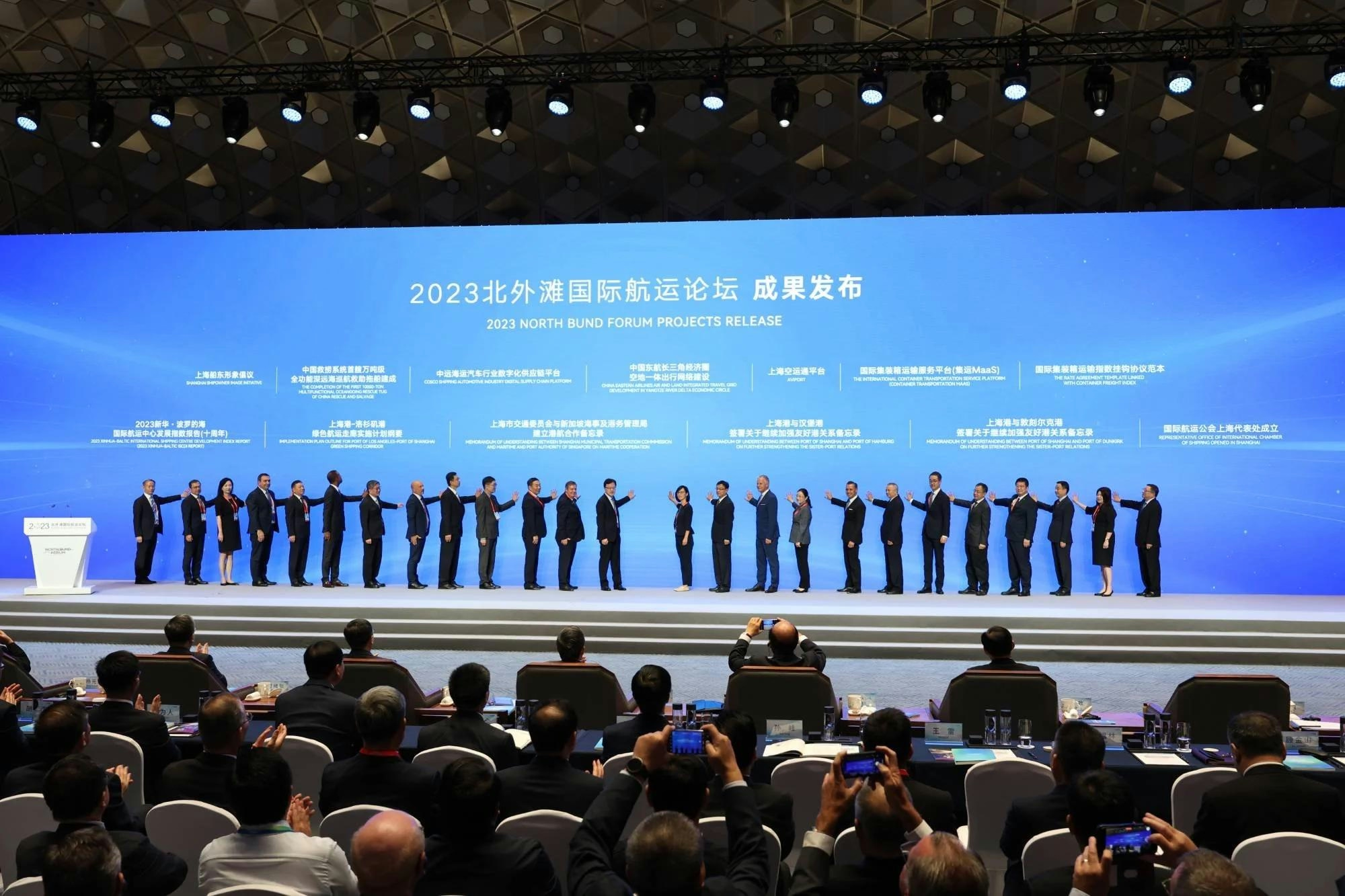
Shanghai to Host 2025 North Bund International Aviation Forum
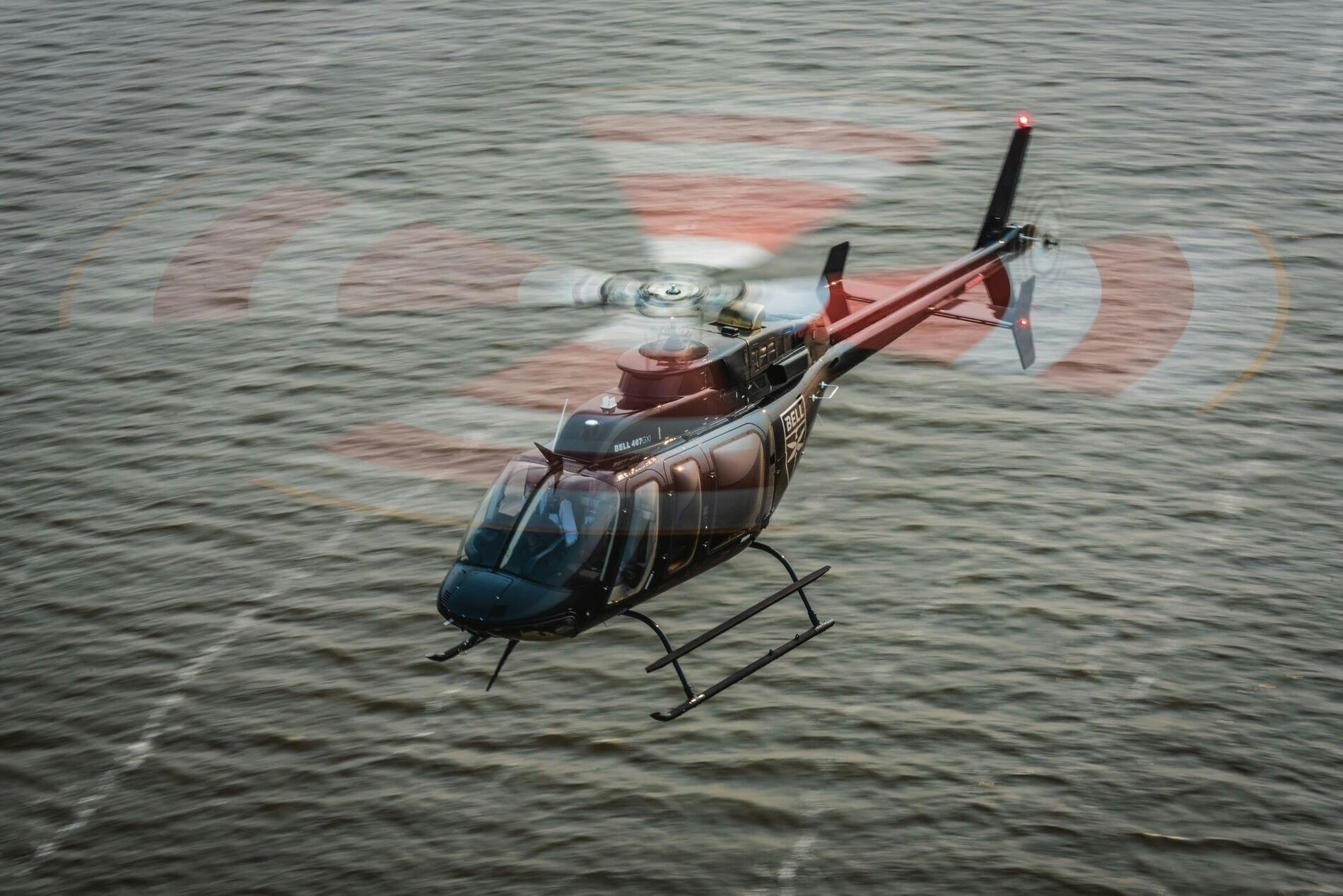
Air Methods Acquires Three Bell 407GX Helicopters and Receives Bell 429 for Medical Fleet
